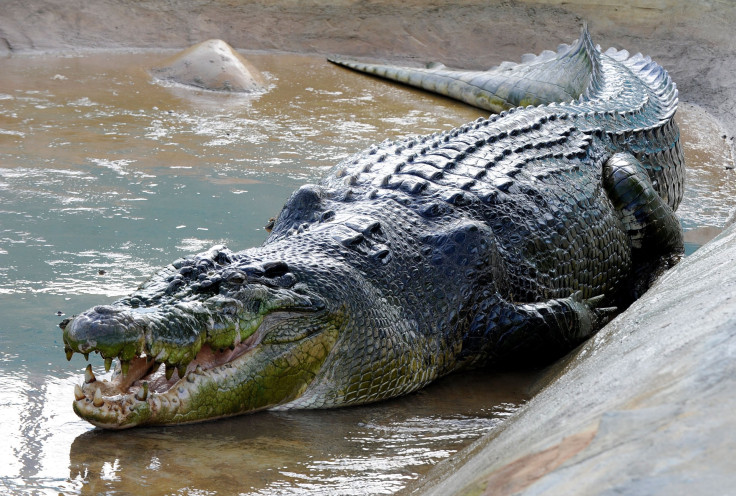Export Taxes Killing Zambia’s Crocodile Skin Industry

KEY POINTS
- Zambia imposed a 10% export tax in January 2019 that is hamstringing crocodile farmers
- Crocodile farming is a niche industry worth about $100 million annually
- Zambia is a very poor country dominated by the copper industry
Zambia’s crocodile skin industry has come under threat from a 10% export tax imposed by the government earlier this year.
The Zambian Crocodile Farmers Association said shipments of crocodile skins are projected to fall to about 22,000 in 2019, down from 31,685 in 2018 and 44,000 in 2015. The government requires crocodile farmers to pay the 10% levy upfront prior to delivery, something many cannot afford.
As a result, crocodile skins valued at about $1.3 million remain in cold storage due to the inability of some farmers to pay the tax.
Association Chairman Johann Jordan said at least two crocodile farms have closed and two others plan to cease operations.
“The situation is dire,” Jordan said. “Farmers need this revenue from sales to run their farms, and the nation needs the foreign exchange we generate from these exports, but this tax is on the verge of killing the industry.”
Jordan estimated since the tax was unveiled in January, crocodile farmers have paid out $350,000 on exported skins, thereby draining away much of the liquidity from the industry.
“There are more than 600 jobs at risk, mainly in rural areas. Bearing in mind that it takes about four years to establish a crocodile farm, the chance of any resurrection of the industry once collapsed, is unlikely,” Jordan added. “Crocodile farming is a foreign exchange earner and generates employment. It is an industry that should be attractive for long-term growth and not short-term fiscal gain. The time is now critical for a decision to be made by government if this industry is to survive in Zambia. We sincerely appeal to [the] government to abolish this export duty on reptile skins and save the crocodile farming industry from total collapse.”
The crocodile tax was part of a wide range of taxes introduced by the government to help repay the country’s external debt which has mushroomed sixfold in the past 10 years.
The global market for crocodile skins – which are used to manufacture luxury items like high-end footwear, handbags, leather accessories, belts and wallets sold by such companies as Hermes, Gucci, Coco Chanel, Prada (PRDSY) and Louis Vuitton – is valued at about $100 million. Crocodile meat is also considered a delicacy in some Asian countries.
Crocodile farming is a niche business that in Africa is dominated by Zimbabwe, Zambia, Kenya and South Africa. There are also crocodile farms in Thailand and Cambodia.
Moreover, Zambia, a landlocked, isolated country in southern Africa, is extremely poor and in need of all the jobs it can muster.
Some 60% of the Zambian people live below the poverty line while 42% are ranked as “extremely poor.” In rural areas, about 83% of households live below the poverty line. Even worse, about 14.3% of adults in Zambia have the HIV virus and 1.5 million children have been orphaned as a result of the disease.
As such, Zambia has a life expectancy of just 37.5 years, the fourth lowest figure in the world.
Nonetheless, Zambia still has one of the fastest-growing economies in sub-Saharan Africa – gross domestic product grew at a 3.8% clip in 2018, up from 3.5% in the prior year. Much of that growth can be attributed to the copper industry which dominates the local economy. However, due to a lack of economic diversification, Zambia remains vulnerable to the unpredictability of copper prices.
© Copyright IBTimes 2024. All rights reserved.





















